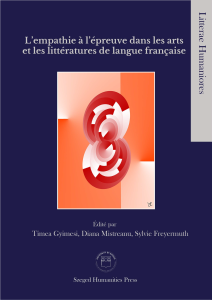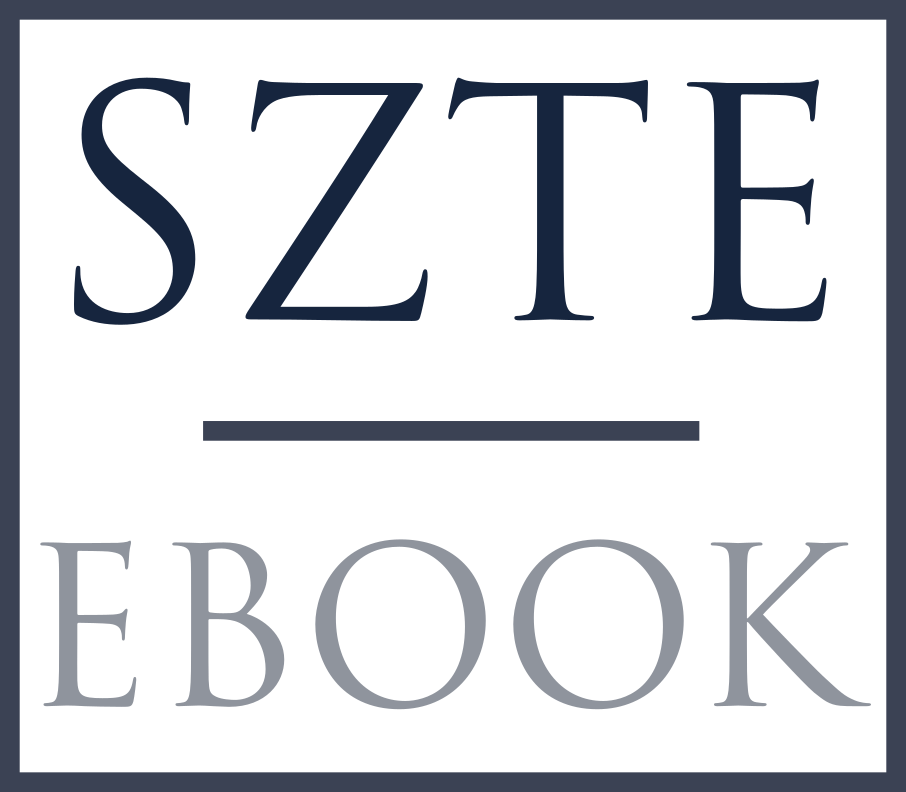L’homo diligens, archétype du visiteur du Poïpoïdrome (Robert Filliou et Joachim Pfeufer) et d’un être empathique
Über dieses Buch
The sociologist Alain Caillé (2009) notes that the balance between the logic of relationships structured by profit and those detached from interest, such as empathy, has now been broken in favour of the figure of homo oeconomicus, a selfish person whose behaviour is governed by his or her particular interest. Robert Filliou and Joachim Pfeufer’s artistic work, the Poïpoïdrome, a centre of public uselessness, resonates with this critical stance against utilitarian ideology. Conceptualised in 1963, the work was imagined as a space for encounters, participation, availability and indeterminacy. Using the Poïpoïdrome as a participatory space that fosters empathy, we will highlight the link between Robert Filliou and the utopian Charles Fourier, and put forward the hypothesis of the figure of homo diligens, a conceptual figure of a person guided by love, as the archetypal visitor to the Poïpoïdrome and an empathetic person.
Keywords: Poïpoïdrom, inutility, indeterminacy, participation, anti-utilitarianism, homo oeconomicus, homo diligens, love


